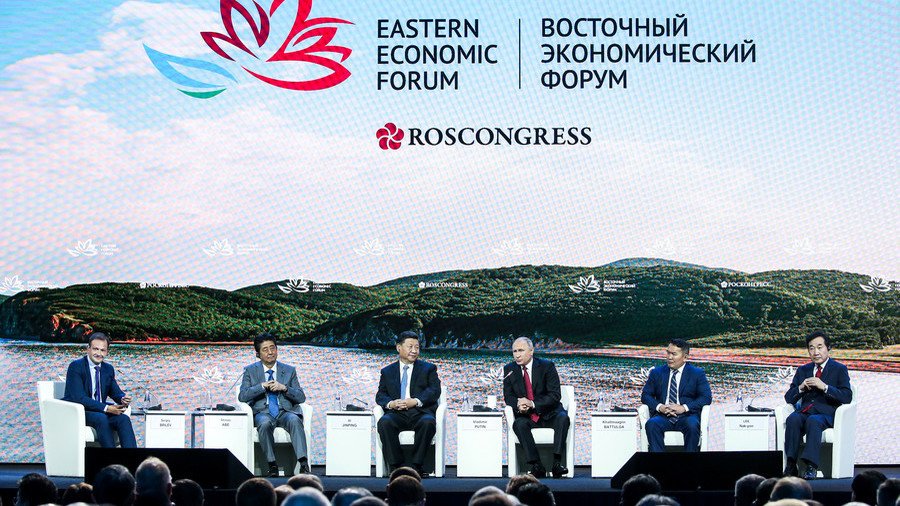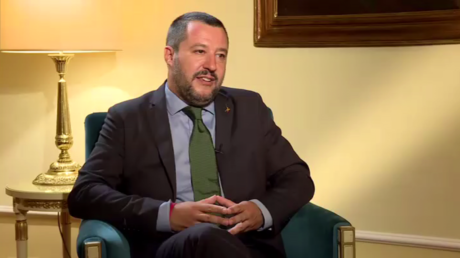An Eastern touch: Russia & Asia working together to create new media language

One of the topics touched upon at the fourth Eastern Economic Forum was the media landscape in Asia, its potential for development and the requirement for a new approach.
A panel including representatives of the leading Russian, Chinese and Indian media companies talked about the need to not only create a new perspective on the global media landscape, but also to develop new methods of communication and delivering content to the consumer.
One of the main challenges media outlets in both Russia and Asia face is that people perceive the world through Western media sources which continue to dominate and shape the news for millions of people. It’s not just about the media outlets themselves, but also about the distribution channels, with the internet gaining on traditional news sources year upon year.
According to Shen Haixiong, head of the China Media Group, today we see an acute imbalance when it comes to the role Asian countries play in the global economy and their role in the media world. “Asian countries have a GDP that amounts to one third of the global GDP, but the role of Asian media is much smaller than Asia’s demographic and economic potential. We need a new universal media language that would enable us to communicate with our viewers and listeners and have a dialogue that would be interesting to them, so that news from two or three regions of the world don’t dominate the entire media landscape,” said Shen Haixiong.
The head of the China Media Group added that in order to develop such a language there has to be a framework for strategic media cooperation, especially between Russia and China. In this respect, he expressed his satisfaction that over the last six months he met with the head of the MIA Rossiya Segodnya news agency Dmitry Kiselyov twice. Shen Haixiong emphasized that “even though the internet gives us plenty of options in terms of communication, you have to talk with your partners face to face too.”
There is every opportunity to successfully develop this, but sufficient will is required to do it, Shen Haixiong stressed. He complimented the internet connection speed in Russia, saying: “I feel as if I’m still in Beijing, and this is important because new online media has already changed the way we work, putting a premium on the speed of delivering content, and it’s important to not be out of the loop even for a minute.”
For his part, Kiselyov noted that Russian people lean towards Asian values, not only because of geographical proximity, but also because of how they see the world. “We’re very close to Confucianism, because we seek harmony and justice too,” he said. “But we and our partners need to fully understand how much Russia and Asia complement each other.
“It’s us who can find not only a relevant agenda for a dialogue, but also the grounds for moral and ethical superiority in the world. We won’t let Western narratives dominate in this new deluge. We'll explain ourselves on our own, without Western media services.”
At the panel, president of the Observer Research Foundation Samir Saran urged everyone to pay more attention to circulating information via social media and messengers, as their audience reaches hundreds of millions of people in India alone. There are also needs to be a revision of our approach to the content format, because most internet users are young, while the establishment in many countries is normally much older, said Saran.
Alexander Malkevich, head of USA Really, stressed that it is necessary not only to take into account new ways of disseminating information, but also to create similar informational sources yourself.
“We’ve seen censorship and self-censorship in most popular social media for some time now, including cases when hundreds of undesirable accounts get deleted in one day with barely any explanation. And no matter how great our content is, it could simply be blocked before it reaches our audience, which is why Russian and Chinese experts need to consider creating similar social media and messengers, also drawing on the experience of our Chinese colleagues when it comes to regulating the internet,” said Malkevich.














